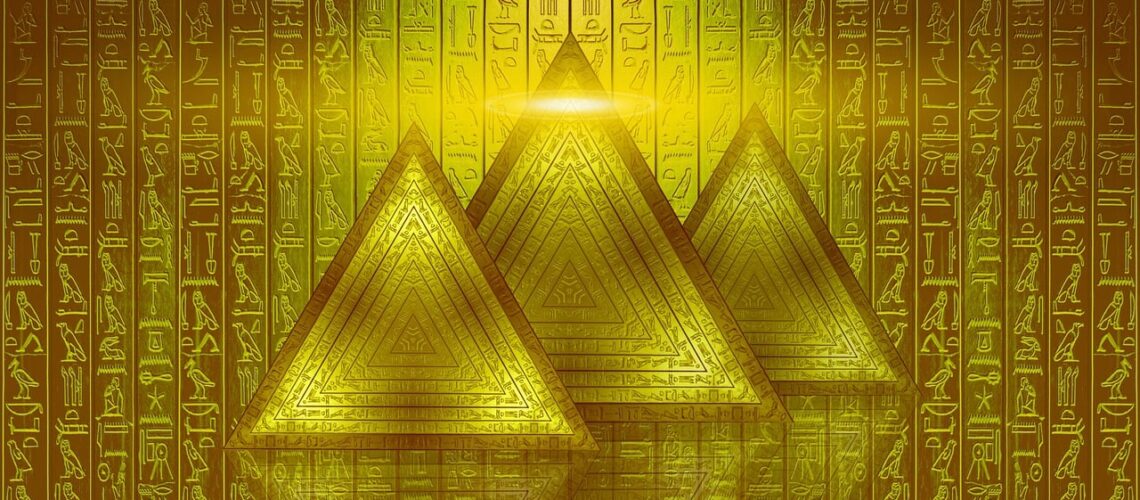The Hidden Legacy: Jesus as the Son of Cleopatra and Mark Antony or Caesar
January 27, 2025

The story of Jesus Christ is one steeped in mystery and intrigue, but what if the origins of this pivotal figure in history were more intertwined with the political machinations of ancient Rome and Egypt than previously thought? This blog explores a fascinating theory suggesting that Jesus could have been the son of Cleopatra and Mark Antony—or possibly Julius Caesar—born during a time of great turmoil, and hidden away to protect his legacy.
To understand this theory, we must first delve into the historical context of Cleopatra’s reign. Cleopatra VII, the last pharaoh of Ancient Egypt, was a woman of remarkable intelligence and political acumen. Her relationships with powerful Roman leaders like Julius Caesar and Mark Antony were strategic alliances, aimed at securing her throne and the future of Egypt. However, these alliances came at a cost. The Roman Empire was vast, but it was also riddled with political strife and impending collapse.
By the time of Jesus’ purported birth around BCE, the Roman Empire was experiencing significant upheaval. The defeat of Antony and Cleopatra at the Battle of Actium in 31 BCE marked the end of their reign and the beginning of Roman imperial dominance. Cleopatra’s death in 30 BCE left Egypt vulnerable, and any offspring she had with these leaders would be seen as potential threats to the new order.
Imagine if Cleopatra gave birth to a son, one who embodied the qualities of both his parents: the ambition of Cleopatra and the leadership and charisma of Caesar or Antony. In an effort to protect this child from the tumultuous political landscape, Cleopatra could have chosen to hide him away. The legacy of this child would be profound, as he carried the bloodline of both the last pharaoh of Egypt and a Roman leader. A true God of God’s.
This child, raised in secrecy, but protected by importance would symbolize a new hope for a world in turmoil. As stories of his lineage spread, he might be revered as a demi-god, a being touched by divine heritage. Given Cleopatra’s own deification after her death and Caesar’s posthumous title of “Divus Julius,” it’s conceivable that this child could be viewed as a god among men.
The notion of Jesus as “the God of Gods” could be reinterpreted through this lens. In an era where divine status was often conferred upon rulers, the perception of Jesus as a divine figure aligns with the deification practices of the time. He could be seen not just as a religious leader but as a unifying symbol of both Egyptian and Roman heritage, a bridge between two worlds that were once intertwined. A unifying force for a world in need.
This theory posits that the early followers of Jesus, aware of his lineage, could have crafted narratives that emphasized his divine nature to protect and promote his teachings. The stories of miracles, resurrection, and divinity may have served to solidify his status as a god-like figure, providing a necessary counterbalance to the crumbling empires.
This provocative theory invites us to reconsider the narratives we accept regarding historical figures and events. It highlights the complexities of identity, heritage, and the ways in which political necessity can shape the stories we tell. Whether or not one subscribes to the idea of Jesus as the son of Cleopatra and a Roman leader, the notion underscores how intertwined religion and politics were in the ancient world.
In conclusion, the idea of Jesus as a hidden heir of Cleopatra and her alliances opens up a compelling dialogue about identity, legacy, and the human desire for understanding in times of uncertainty. While the historical evidence may be scant, the implications of such a theory resonate deeply, inviting us to explore the intersections of history, mythology, and faith.
Godspeed,
Crb3